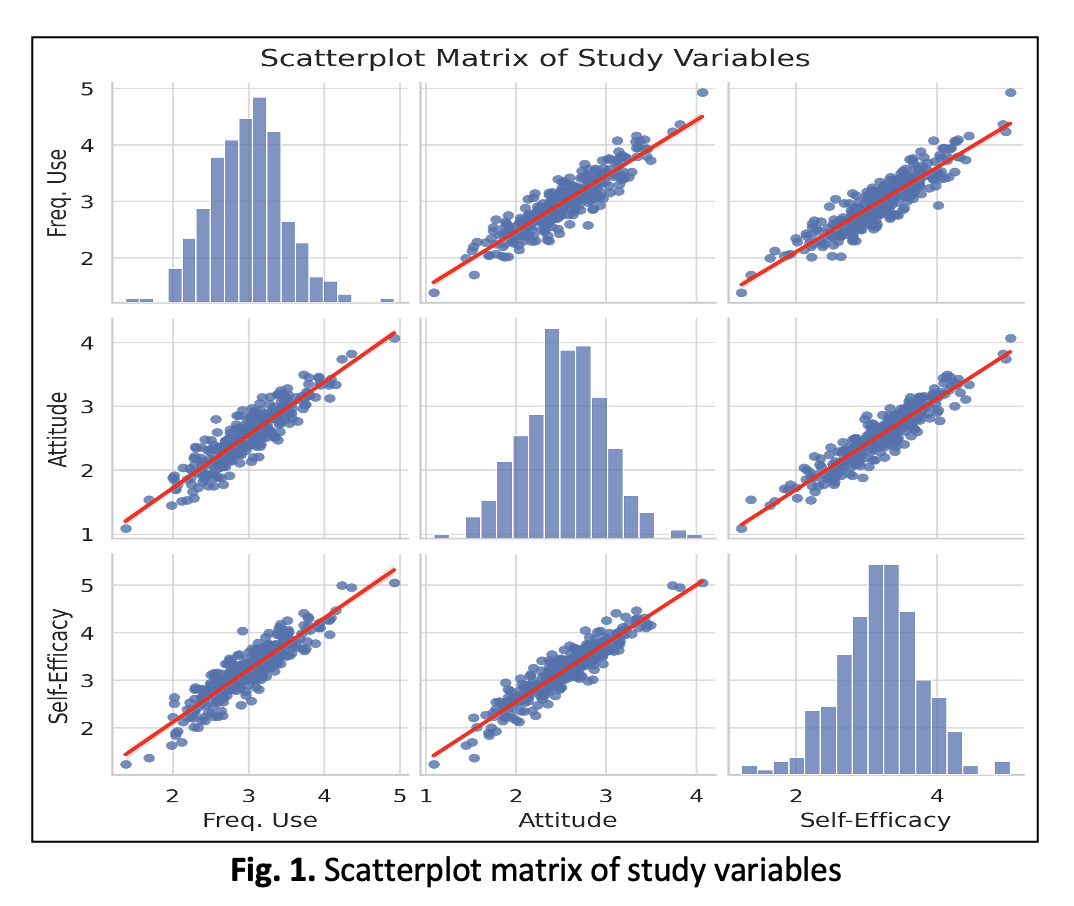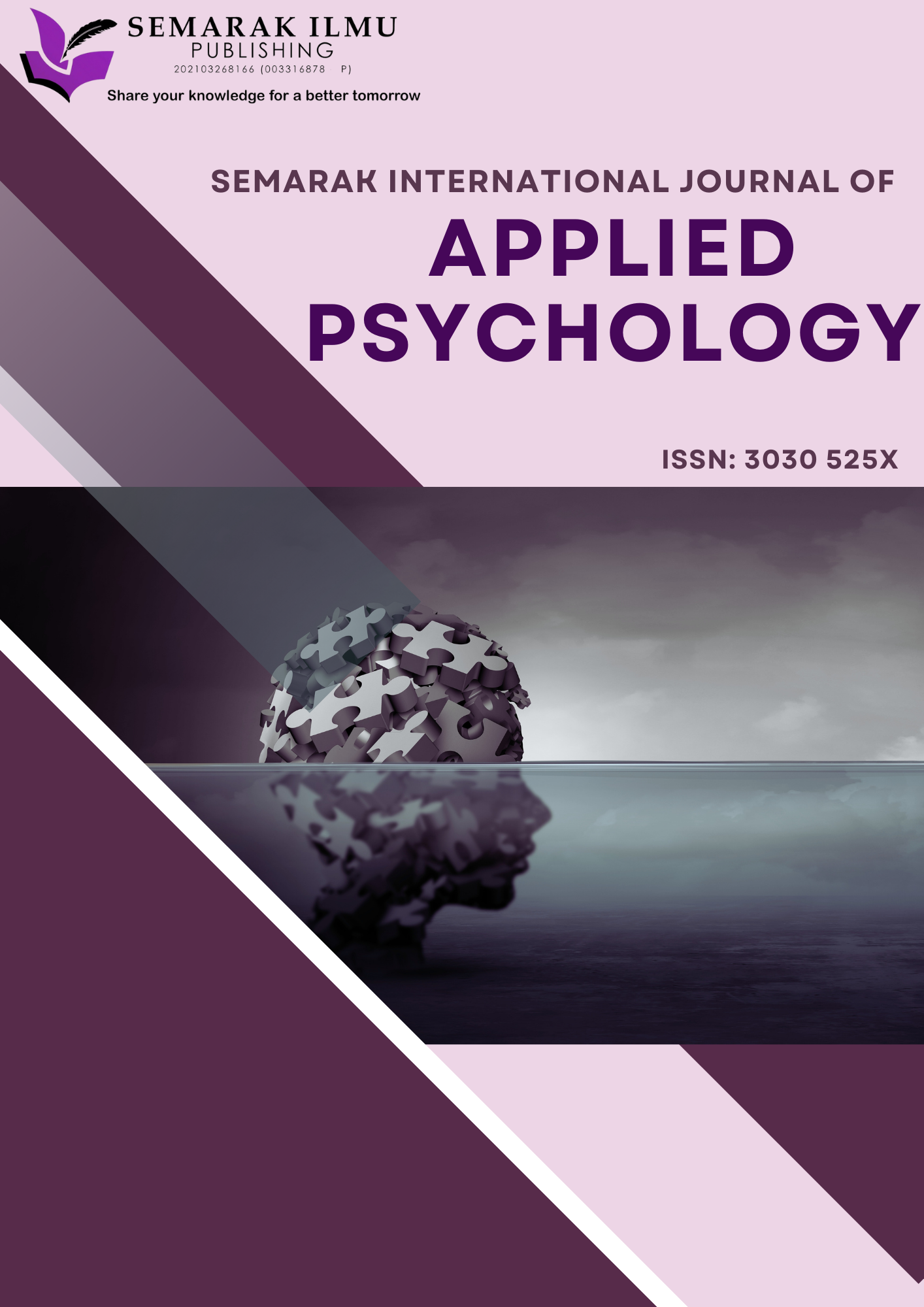The Relationship between ChatGPT Reliance and Self-Efficacy among Three Private Universities in Malaysia
Keywords:
ChatGPT, self-efficacy, higher educationAbstract
Generative Artificial Intelligence (AI) applications like ChatGPT represent a new wave of educational technology that integrates instant information delivery, content creation, and language assistance. While often linked to productivity gains, their psychological impact, particularly on students’ academic self-efficacy remains underexplored. This study aimed to determine whether ChatGPT use and UTAUT constructs predict students’ academic self-efficacy across three Malaysian private universities. Grounded in Bandura’s Self-Efficacy Theory and the Unified Theory of Acceptance and Use of Technology (UTAUT), a quantitative correlational design was employed with data collected from 297 students. Results revealed that both ChatGPT use and UTAUT constructs significantly predicted academic self-efficacy, explaining 39.5% of the variance (R² = .395, F(5, 291) = 37.99, p < .001). Performance expectancy (β = .291, p < .001) and facilitating conditions (β = .236, p < .001) were the strongest predictors. These findings suggest that frequent, ethical use supported by institutional facilitation enhances academic confidence. This study contributes one of the first empirical insights linking AI adoption constructs to self-efficacy outcomes in Malaysian higher education, offering practical implications for AI-integrated learning design. It also aligns with Malaysia’s AI governance framework and SDGs 4, 9, and 10, emphasizing quality, innovation, and equity in education.










